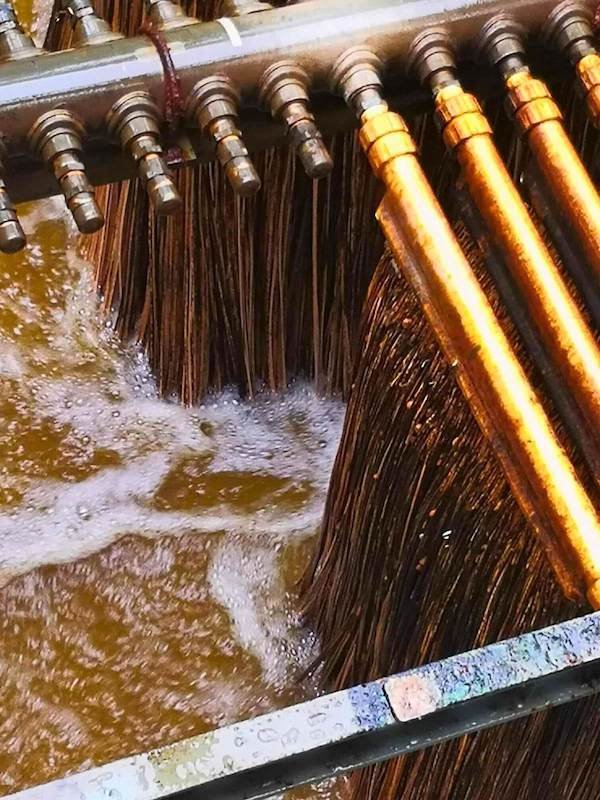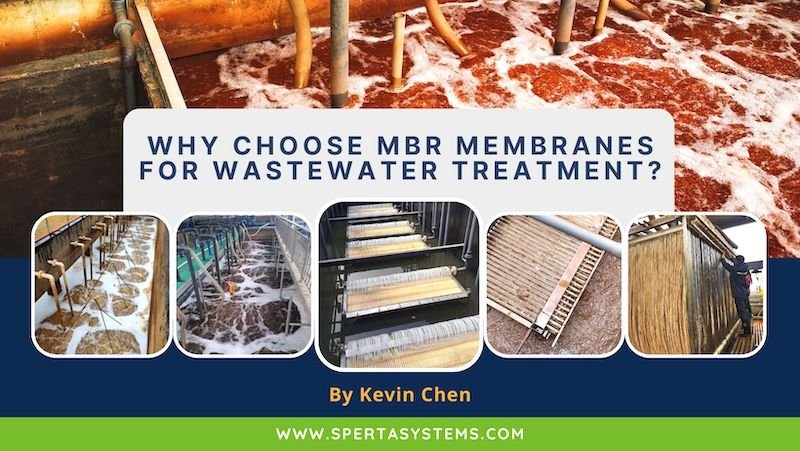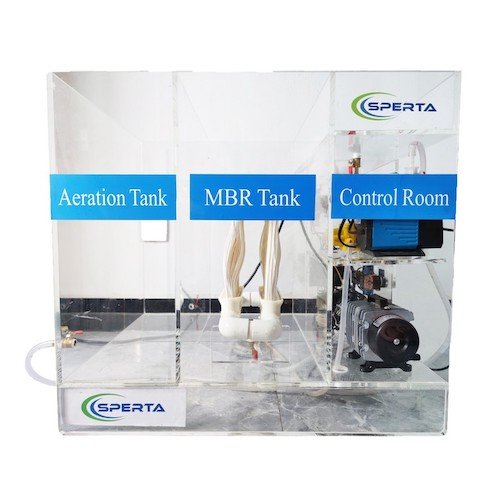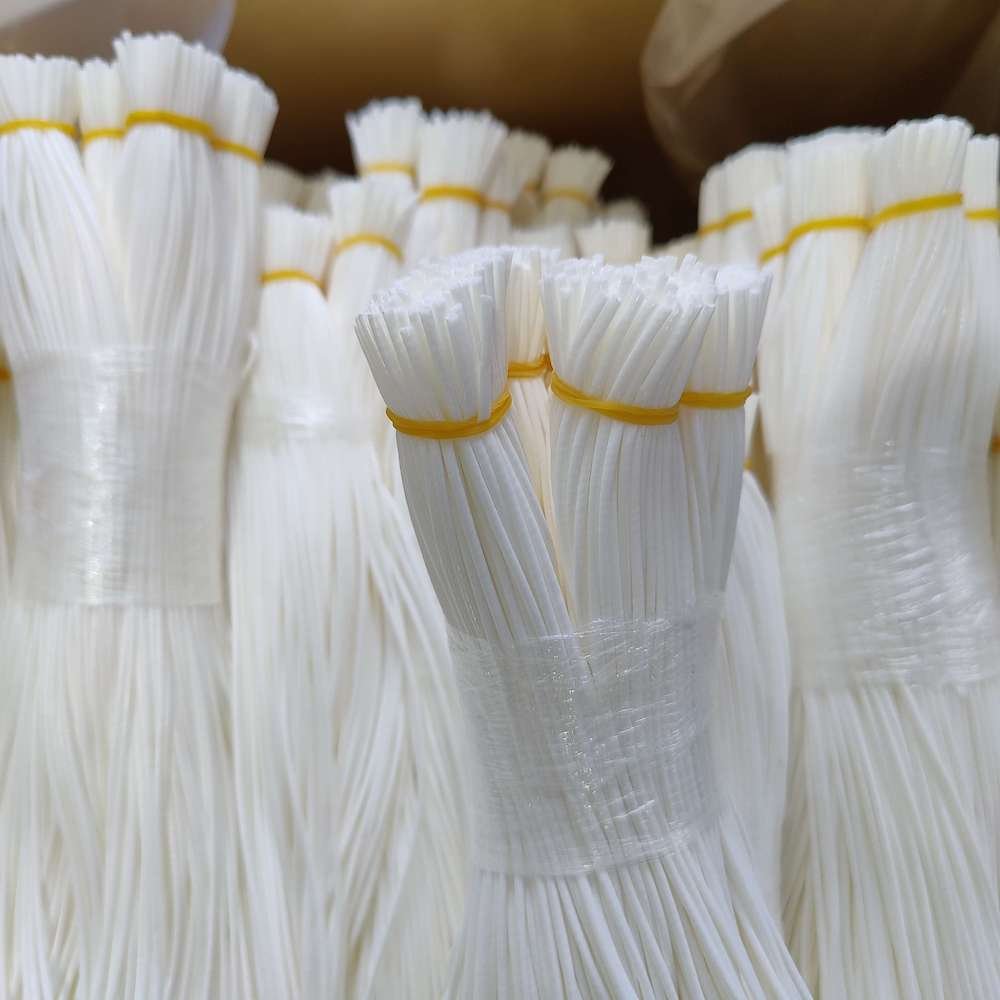Last Updated on July 3, 2023 by Kevin Chen
In the face of growing environmental concerns and stringent regulatory standards, effective wastewater treatment has never been more critical. Traditional wastewater treatment methods, while tried and tested, need to catch up in meeting these demands. They often come with high operational costs, require large footprints, and need help consistently producing high-quality effluent. Moreover, the environmental impact of these conventional methods is becoming a significant concern
This post delves into these challenges and explores how Membrane Bioreactor (MBR) technology offers a compelling solution. If you’re grappling with wastewater treatment challenges, read on to discover how MBR could be the solution you’ve been searching for.
Key Challenges in Wastewater Treatment
While effective in many ways, traditional wastewater treatment methods come with challenges that can hinder their efficiency and sustainability. Here are some of the key challenges:
Inconsistent Effluent Quality: Traditional methods can struggle to consistently produce high-quality effluent, especially when dealing with variable influent quality.
- High Operational Costs: Traditional systems often require significant energy and chemical inputs, increasing operational costs.
- Large Footprint: Traditional wastewater treatment plants typically require large areas for installation, which can be challenging in space-constrained locations.
- Environmental Impact: Sludge disposal by traditional methods can pose significant environmental challenges.
- Limited Flexibility and Scalability: Traditional systems can be less flexible in handling changes in influent quality or flow rate, and scaling up these systems can be complex and costly.
These challenges highlight the need for more efficient and effective wastewater treatment solutions.
What’s the Impact of Ignoring Wastewater Challenges?
Ignoring these challenges doesn’t just affect the efficiency of wastewater treatment; it can have far-reaching impacts on your operations and the environment:
- Regulatory Issues: Inconsistent effluent quality can lead to non-compliance with environmental regulations, resulting in penalties and damage to your company’s reputation.
- Space Limitations: The large footprint required for traditional plants can limit your ability to expand your operations, especially in urban areas where space is at a premium.
- Environmental Damage: The environmental challenges associated with sludge disposal and the overall environmental impact of traditional methods can lead to public backlash and potential legal issues.
- Operational Inefficiencies: The need for more flexibility and scalability in traditional systems can lead to operational inefficiencies, affecting your wastewater treatment operations’ overall performance and reliability.
In the next section, we’ll introduce a solution that addresses these challenges and offers additional benefits: Membrane Bioreactor (MBR) technology.

Why Choose MBR Membranes for Wastewater Treatment?
Membrane Bioreactor (MBR) technology is a modern solution that offers numerous benefits over traditional wastewater treatment methods. Here are some of the key benefits:
- Superior Effluent Quality: MBR technology can consistently produce high-quality effluent, meeting and often exceeding regulatory standards. This makes it an excellent choice for applications requiring stringent effluent quality.
- Compact Design: MBR systems have a smaller footprint than traditional treatment plants. This makes them ideal for locations where space is limited.
- Energy Efficiency: MBR systems can be more energy-efficient than traditional methods, helping to reduce operational costs.
- Flexibility and Scalability: MBR technology offers greater flexibility and scalability. It can handle changes in influent quality or flow rate more effectively and can be easily scaled up or down to meet changing demand.
- Environmental Sustainability: MBR systems produce less sludge than traditional methods, reducing the environmental impact of sludge disposal.
MBR: A Solution to Traditional Wastewater Treatment Problems
MBR technology directly addresses the challenges associated with traditional wastewater treatment methods:
- Addressing Inconsistent Effluent Quality: The superior filtration capabilities of MBR membranes ensure consistent, high-quality effluent, addressing the issue of variable effluent quality in traditional methods.
- Reducing Operational Costs: The energy efficiency of MBR systems can help reduce operational costs, addressing one of the key pain points of traditional methods.
- Overcoming Space Limitations: The compact design of MBR systems allows for wastewater treatment in locations where space is at a premium, overcoming one of the key challenges of traditional plants.
- Mitigating Environmental Impact: The reduced sludge production in MBR systems helps mitigate the environmental impact associated with traditional methods.
- Improving Flexibility and Scalability: MBR systems can handle changes in influent quality or flow rate more effectively than traditional methods, and they can be easily scaled up or down as needed, addressing the inflexibility and scalability issues of conventional systems.
In the next section, we’ll look at how MBR technology has been successfully implemented to address these challenges.

Case Studies of MBR Implementation
To illustrate the benefits and effectiveness of MBR technology, let’s look at a few case studies where MBR systems have been successfully implemented:
- Case Study 1: Municipal Wastewater Treatment Plant Upgrade: A municipal wastewater treatment plant in a densely populated urban area must upgrade its aging infrastructure to meet stricter effluent quality standards. The plant implemented an MBR system due to its superior effluent quality and compact design. The MBR system met the stringent effluent quality standards and fit within the existing plant footprint, avoiding the need for costly land acquisition.
- Case Study 2: Industrial Wastewater Treatment: An industrial facility producing high-strength wastewater needed a reliable and efficient treatment solution. The facility implemented an MBR system, which handled the high-strength wastewater and produced high-quality effluent suitable for reuse within the facility. This solved the facility’s wastewater treatment challenges and reduced its water consumption and disposal costs.
- Case Study 3: Decentralized Wastewater Treatment: A remote community without access to centralized wastewater treatment infrastructure implemented a decentralized MBR system. The MBR system provided the community with a reliable, efficient, and easy-to-operate wastewater treatment solution. The high-quality effluent from the MBR system was also used for irrigation, providing an additional benefit to the community.
These case studies demonstrate the versatility and effectiveness of MBR technology in addressing a wide range of wastewater treatment challenges. Whether you’re dealing with municipal or industrial wastewater, in urban or remote locations, MBR technology can provide a reliable, efficient, and sustainable solution.
Conclusion:
In this blog post, we’ve explored the challenges of traditional wastewater treatment methods, from inconsistent effluent quality and high operational costs to large footprints and environmental impact. We’ve also discussed the potential consequences of ignoring these challenges, including regulatory issues, space limitations, environmental damage, and operational inefficiencies.
However, there’s a solution that addresses these challenges head-on: Membrane Bioreactor (MBR) technology. MBR offers numerous benefits, including superior effluent quality, compact design, energy efficiency, flexibility and scalability, and environmental sustainability. Through various case studies, we’ve seen how MBR technology has been successfully implemented in different scenarios, providing effective and efficient wastewater treatment solutions.
In conclusion, MBR technology presents a compelling solution to the challenges of traditional wastewater treatment. It offers a path toward more efficient, effective, and sustainable wastewater treatment, making it a worthy consideration for any wastewater treatment project.
Now it is your turn...
Are you ready to embrace the revolution in wastewater treatment? Contact us today to learn more about our MBR solutions and how they can benefit your wastewater treatment operations. Let’s work together to create a more sustainable future.












